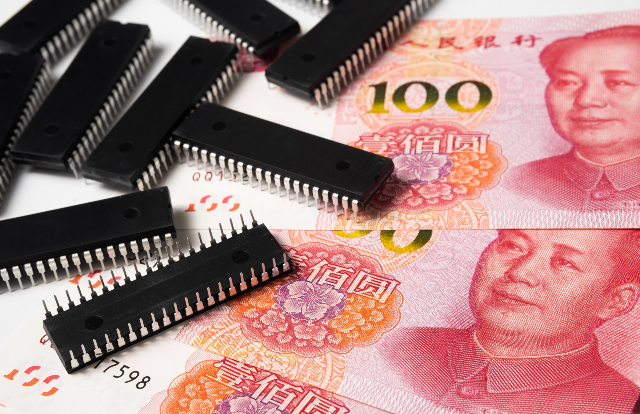Physical Address
304 North Cardinal St.
Dorchester Center, MA 02124
Physical Address
304 North Cardinal St.
Dorchester Center, MA 02124

Samsung and Oppo have confirmed they are among vendors affected by the global chipset supply crisis, which stems from the closure of factories and excess demand for home tech products during the pandemic.
A statement from Samsung said: “The current volatility of the semiconductor market is being felt across the entire technology industry and beyond.
“At Samsung, we are making our best efforts to mitigate the impact and will continue to work diligently with our partners to overcome supply challenges.”
A spokesperson at Oppo said: “The industry as a whole is facing a stretched supply chain, which requires the concerted efforts of the whole industry to overcome.
“Oppo has always adopted a proactive procurement strategy for core components, allowing it to guarantee product delivery to consumers.”
Distributors, too, have noticed the pinch. “Like other businesses, we are seeing issues with chipset shortages and managing our way through this with vendors and customers to reduce the impact,” said Exertis mobile commercial director Paul Jacobs.
The global chipset supply crisis is impacting some of the biggest smartphone vendors, with semiconductor shortages also impacting on other consumer electronics products such as TVs, gaming consoles and even car manufacturers.
The supply chain for chipsets made in China and the US was initially hit by the closure of factories.
This delayed the launch of Apple’s iPhone 12 series by two months last year.
Demand for more tech products fuelled by people working from home has aggravated the problem, despite production being back to normal now.
However, another distributor, New Way International, said there has been no issues so far.
IDC smartphone semiconductors, connectivity research director Philip Solis has accused some vendors as being too cautious when ordering stock of chipsets.
“A lot of the problem around the mobile phone space has to do with phone OEMs being overly cautious and ordering extra inventory so that they do not get caught short, and that is actually causing more tightness in the market. Chip fabrications are very close to 100 per cent utilisation.”